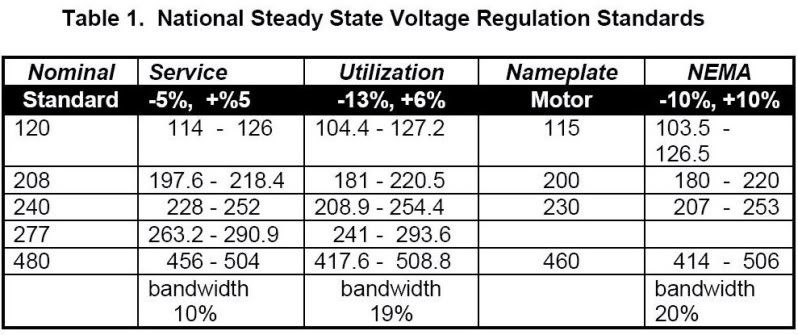JerryHonolulu
Member
I am looking at large kitchen appliances that are nameplate-rated at 208/230V, single phase. Similarly, a clothes dryer. They have UL/ETL third-party certification. Is it acceptable to utilize these appliances on a 240 Volt electrical system? Does this violate the UL/ETL certification? Will they perform properly? Will the slight overvoltage be a problem? What about an appliance that is nameplate-rated for 208 Volts, not dual-voltage rated?

